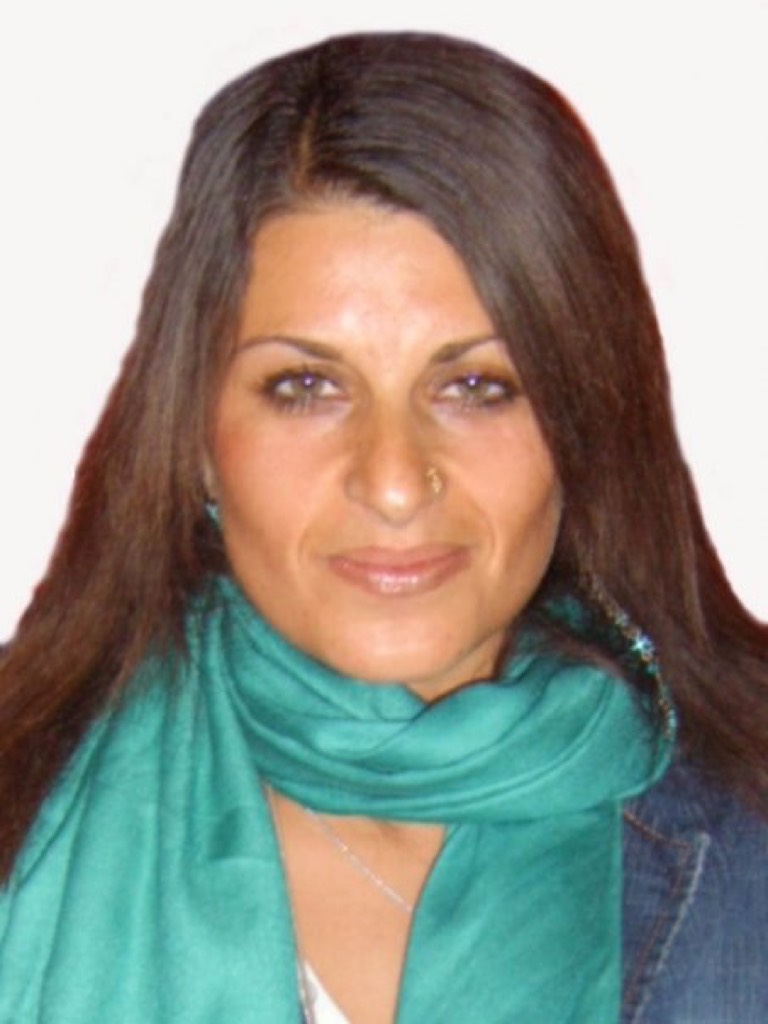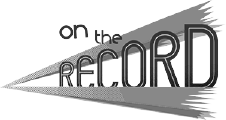Claudia Manchanda
The Coffee Bar was open Tuesday till Saturday. It was, me and Erita would meet at eight in the morning, and buy 30 snapper fish and maybe 50 pieces of chicken. We’d make a pot of rice and peas, we’d make jerk chicken, we’d make baked snapper fish. We’d make a tray of carrot cake, a tray of banana cake, a big thing of coleslaw. And we’d serve teas and coffees all day, and juices. And, basically it was a public space, people could- that, that we ran, that was actually like a sort of, more of a homely space, but we did make a profit, and local people loved the food. The quality of the food was second to none, it was amazing Caribbean food. The people could come in if they didn’t have a lot of money, because our food was very affordable, and they could just sit and have a cup of tea and sit all day. So because of that, and the safe nature, it ended up being called the mental health café, and people, it was at the time of care in the community when people that might have been institutionalised were released into the community. So a lot of people knew it was a safe place to go. And then eventually we got a working relationship with Hackney Mental Health Consortium, and local psychiatric nurses, and people would often- so even though it wasn’t an official day centre, it was a sort of unspoken day centre for people to come and be safe. And we had lots of sort of, quite flamboyant gay guys and people who were transsexuals, and it was very, just a very relaxed and safe atmosphere. And, for that time it was actually, quite pioneering actually. When I was there, most of the people that went to Centerprise, and most of the workers, were black and Asian, with I think one or two white workers. And I think there was a transition politically, and just, culturally, of the organisation that was happening around that time of the ’80s. So it was a safe place for people of colour to be in, and had a very rich Caribbean culture within it. And by the end of me working there for three or four years, you know, I could speak Jamaican patois and think in patois, because that’s the way everyone spoke to each other.
In 1989, aged 19 years old, Claudia Manchanda co-managed the Centerprise coffee bar with Erita Crawford. The coffee bar was open Tuesday through Saturday and served Caribbean food including rice and peas, jerk chicken and baked snapper fish.
Claudia appreciated the collective management structure of Centerprise as it meant everyone was paid equally and was involved in the decision making process with expertise in their own area. Claudia reflects that it was “the best job I’ve ever had in my life, but because it was my first proper job I thought everything was like that.” The coffee bar workers had ‘autonomy’, which enabled them to start a mental health cafe project with membership in the Hackney Mental Health Consortium.
When she worked in Centerprise the majority of the people who used and worked in the building were people of colour. She describes it as a ‘pioneering safe space’ for people of colour, gay and transgender people, although there were external dangers; she relates disturbing racist threats she and other Centerprise workers received from Combat 18.
Around 1990 a new staff member joined Centerprise as a general finance manager for the building. Claudia considers him to be key to the introduction of a formal hierarchy to the organisation and the end of the collective. She was unhappy about this change and left in 1992.
After leaving Centerprise, Claudia raised her daughter, studied and went on to become a university lecturer, medical herbalist and to campaign against deaths in police custody. However, she feels that no subsequent job ever matched up to the time she spent working at Centerprise whilst it was a collective.
Interviewed by Nell Osborne.




